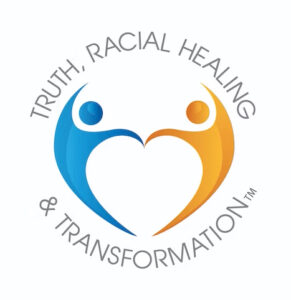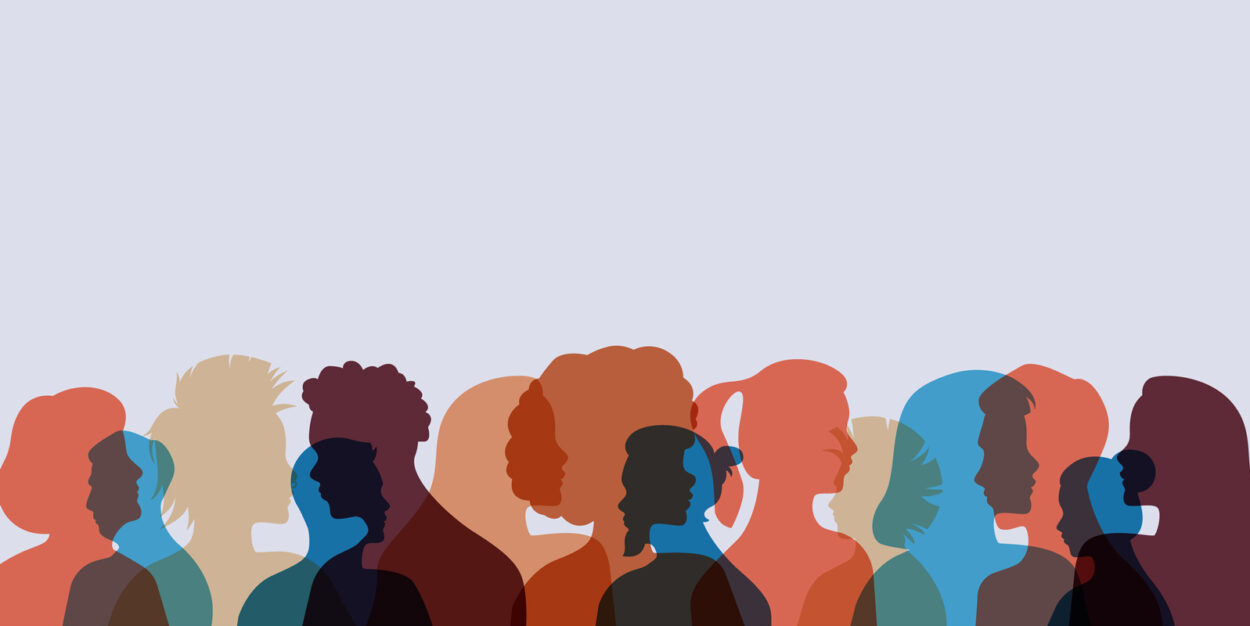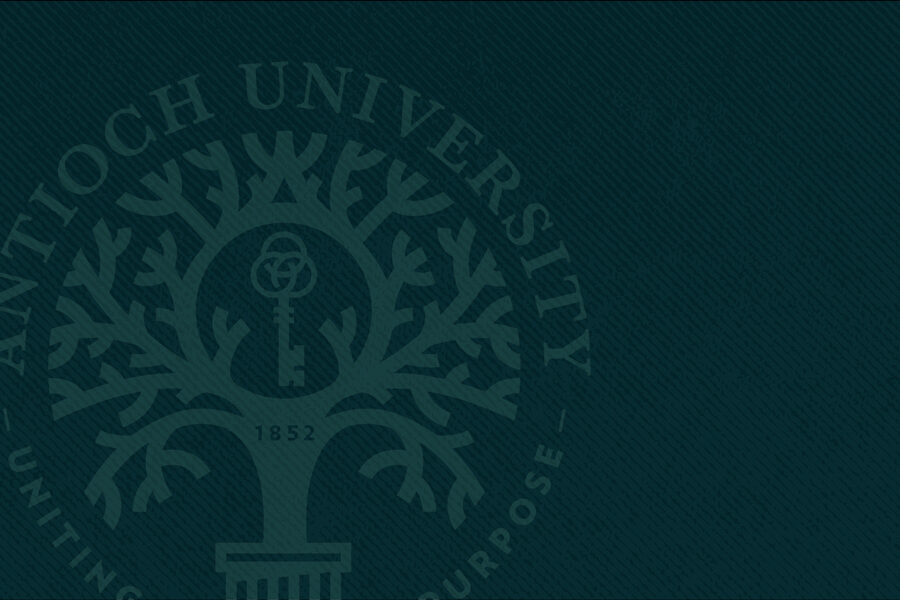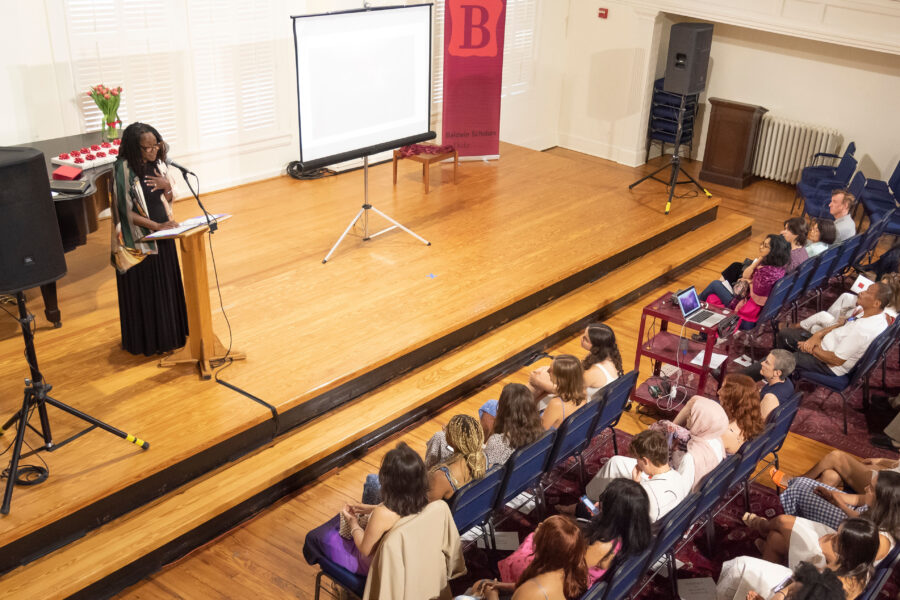Antioch University and Otterbein University celebrated this year’s National Day of Racial Healing by holding Racial Healing Circles from morning to evening. This event, held on January 16, was sponsored by Antioch’s newly opened Truth, Racial Healing, and Transformation Campus Center. Over the course of the day, more than 100 students, faculty, staff, and community members had transformational experiences in five separate Racial Healing Circles. One facilitator, EdD student Malikeya Khantrace, said her circle “proved to be powerful and resonant, leaving an impression that participants didn’t want the experience to end.”
This was a joint event held by the two current members of the Coalition for the Common Good. Otterbein University opened its Truth, Racial Healing, and Transformation (TRHT) Campus Center in 2020 as one of the first 23 such centers to be opened across the country. Last summer, Otterbein sponsored Antioch’s application to open its own TRHT Campus Center, and Antioch opened its Center in the fall of 2023. The Centers serve as hubs of learning and action that embrace racial healing and disrupt false narratives of a hierarchy of human value.
The key organizers for the joint initiative were Kathryn Plank, Otterbein’s Associate Provost for Curriculum, Teaching & Learning, and Mission; Frank E. Dobson, Jr., Otterbein’s Chief Diversity Officer; and Lemuel Watson, Antioch’s newly-appointed Senior Associate Vice Chancellor for Academic Affairs, who is overseeing Antioch’s TRHT Campus Center. (Last year’s application process was spearheaded by Michael Raffanti, the former Dean of Antioch’s School of Education.) Watson is enthusiastic about this event and ongoing opportunities to promote racial healing. As he says, “It gives people the opportunity to be in a space to just listen to what others are going through to how it affects them, to how it makes them human, to how it makes them hurt.”

The planning for these Racial Healing Circles began in December when a call went out to both Antioch and Otterbein’s full communities asking for volunteers to undergo training to become facilitators. Over 100 people stepped forward. Twenty of these volunteers were trained across two two days in January, and another facilitator training will be held in February, followed by others throughout the year. The first twenty newly-trained facilitators led the Racial Healing Circles on January 16.
For Khantrace, serving as one of these facilitators was especially meaningful, as she had actually suggested that Antioch should pursue opening a Truth, Racial Healing, and Transformation Campus Center two years ago, in her role as a student member of the Anti-Racist Task Force. That proposal did not immediately bear fruit, but now the Center has opened. This is welcome news for Khantrace, who is studying in the EdD’s Multicultural and Anti-Racist Education specialization. As she says, “The Center is the essence of my research, underscoring the vital role of truth and racial healing in bridging the educational divide in America.”
Perhaps the most life-changing aspect of the healing circles is that they allow people to connect with others, each sharing their diverse stories and viewpoints. For Lynne Washington, a student in the PhD in Leadership and Change, making that connection was a powerful experience. “I met someone very different from me whose story paralleled my old story of racism,” she says. “We were both in tears, celebrating our differences and likenesses.”
Another facilitator, Shontae Walker, who works as Student Success Program Assistant at Antioch, describes the experience of holding space for people as being “phenomenal and powerful.” She says, “I developed a deeper appreciation for actively listening to someone share their story without filtering it through my shattered lens of bias.”
For Watson, the day’s five Racial Healing Circles were a good start to the work Antioch’s TRHT Campus Center will be undertaking in the years to come. As he says, “We may not be able to do all the good the world needs, but the world needs all the good that we can do right where we are.”



